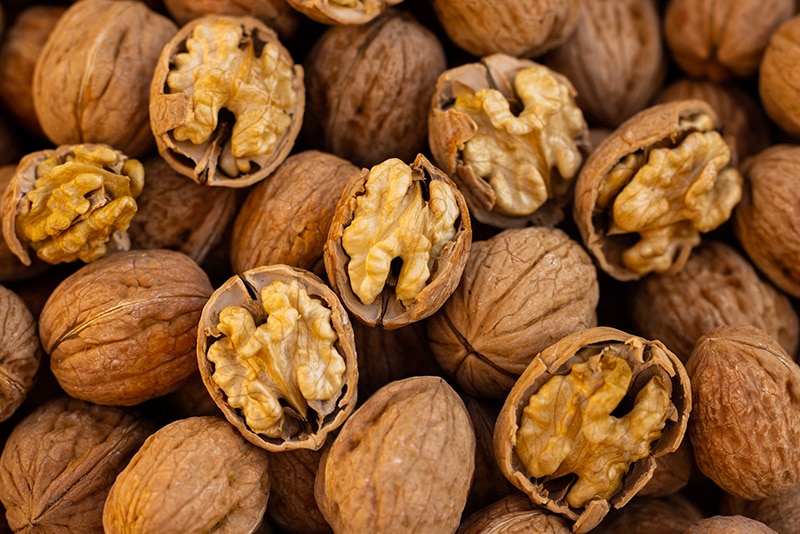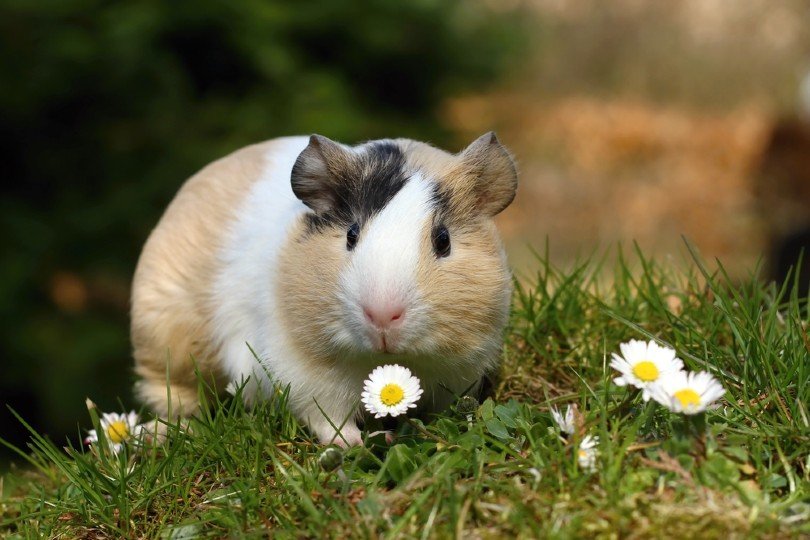My Guinea Pig Is Not Eating, Should I Be Worried? Vet-Approved Facts & When to Worry
Updated on
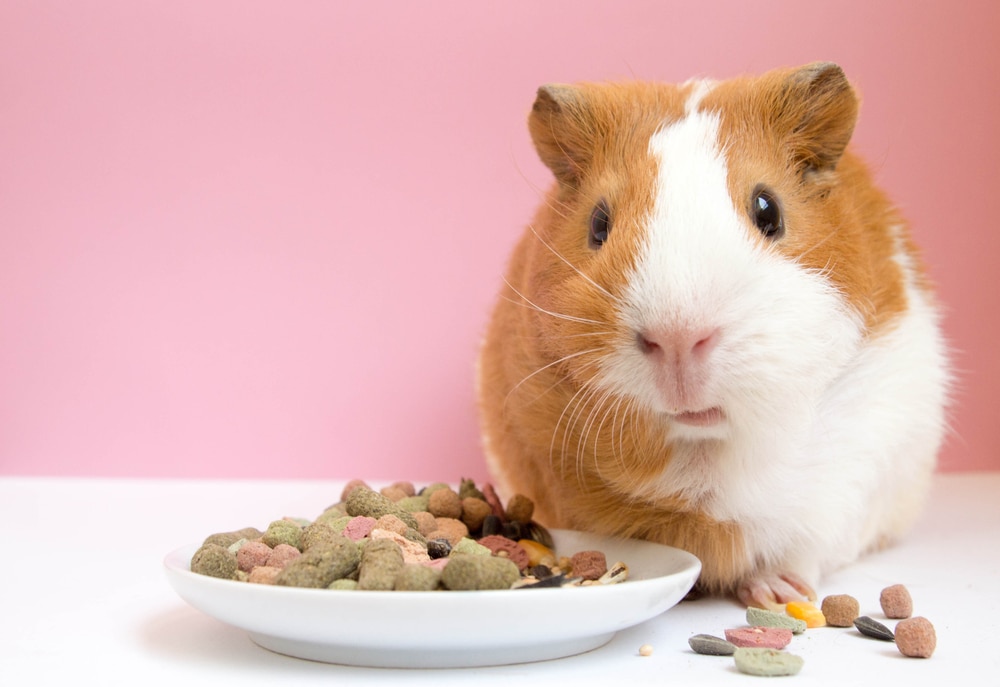
Click to Skip Ahead
If your guinea pig is not eating as they once were, it may be a sign of an underlying health problem. Several underlying health problems, including digestive issues, can make your guinea pig not eat. These often need to be diagnosed and treated by a vet. A trip to the vet is warranted if you notice any other signs of illness, like fatigue or other behavioral changes.
With that said, you can do a few things at home to troubleshoot your guinea pig’s appetite.
Understanding Guinea Pig Eating Habits
Before diving into why your guinea pig isn’t eating, let’s look at what a normal diet looks like—just so you can be sure if there is something off with your guinea pig.
These pets are herbivores, which means that they eat only plant matter. Guinea pigs consume a lot of grasses in the wild, which are extremely high in fiber. This diet must be replicated in captivity to ensure the animal remains healthy. Foods rich in vitamin C are also necessary.
To keep them healthy, guinea pigs need a constant supply of hay. This helps them wear down their teeth and promotes healthy digestion. If they don’t consume enough hay, it may cause appetite problems in more ways than one. Therefore, hay should make up a sizable portion of their diet. Guinea pigs will eat hay nearly constantly.
You should also give them fresh veggies and pellets to supplement their diet. They must eat these, but it isn’t often a big deal if they don’t eat them as much as their hay.
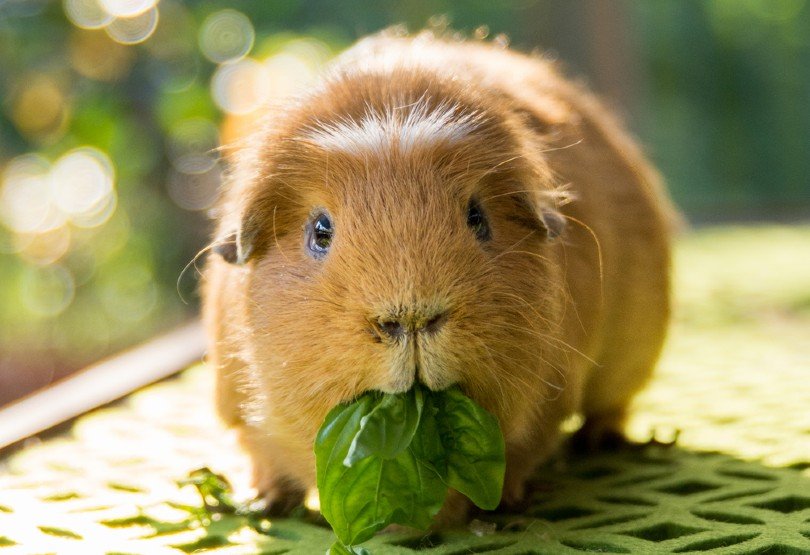
Potential Reasons for Lack of Appetite
If your guinea pig isn’t following their normal diet, it may be a sign that something is wrong with them. Sudden behavioral changes in guinea pigs are often related to their overall health. However, figuring out the exact cause can be challenging.
Here’s a list of common issues that may cause your guinea pig to eat less:
1. Dental Problems
Guinea pigs have teeth that grow constantly. They have to do with their grass-based diet. Grass wears down teeth quickly, so guinea pigs have to continuously regrow their teeth. However, if these teeth aren’t worn down as usual, they can become too long.
When this occurs, it can be extremely painful for the guinea pig. The teeth can dig into their mouth and cause serious problems, often requiring veterinary attention. Luckily, you can partially prevent overgrown teeth by providing plenty of hay, which naturally wears down your pet’s teeth.

2. Gastrointestinal problems
If your guinea pig’s stomach is upset, it may not enjoy eating. It’s similar to how humans don’t feel like eating when their stomach isn’t feeling great.
Many underlying problems can cause gastrointestinal upset in guinea pigs. Blockages are one of the more serious problems, which occurs when something your pet ate blocks its intestine. This condition is deadly and often requires surgery to remove the blockage. Therefore, we highly recommend taking your guinea pig to the vet if you suspect this is the problem.
3. Stress
Guinea pigs can be very sensitive to stress. They may become stressed if their environment is too noisy, hot, cold, or hectic. Animals like cats and dogs can leave your guinea pig under constant stress, even if the guinea pig is technically safe in their enclosure (the guinea pig doesn’t know that). Therefore, it’s often recommended to keep them separate from other animals at least part of the time.
If your guinea pig is stressed, you should take steps to fix this problem. For instance, you can move their enclosure or eliminate the noise around their cage.
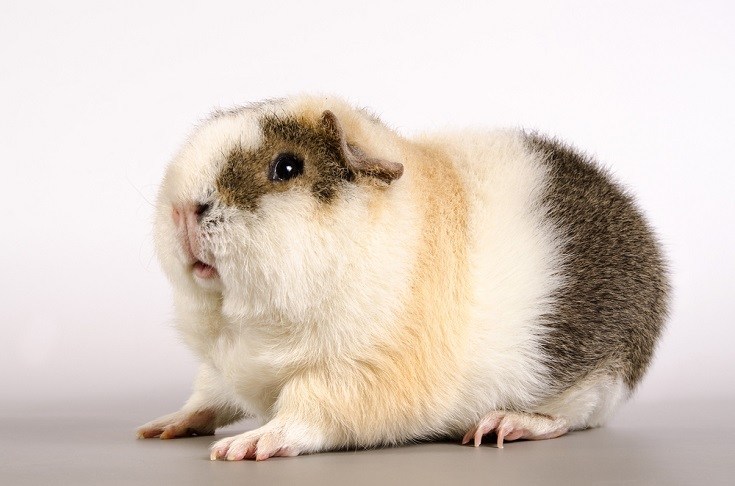
4. Other Illness
Other illnesses and injuries can also cause a lack of appetite. Therefore, you must get your guinea pig checked out by a vet if you believe they may be sick. Most of these illnesses require veterinary attention.
Steps To Take
There are several things you can try to potentially troubleshoot your guinea pig’s lack of eating at home, such as:
1. Monitor Their Behavior
Guinea pigs may show other signs of illness and distress despite their lack of appetite. If you notice several symptoms, such as lethargy and hiding, it is probably time to take them to the vet. These illnesses can be a sign of an underlying health problem.
Figuring out these signs before you head to the vet can help diagnose them.
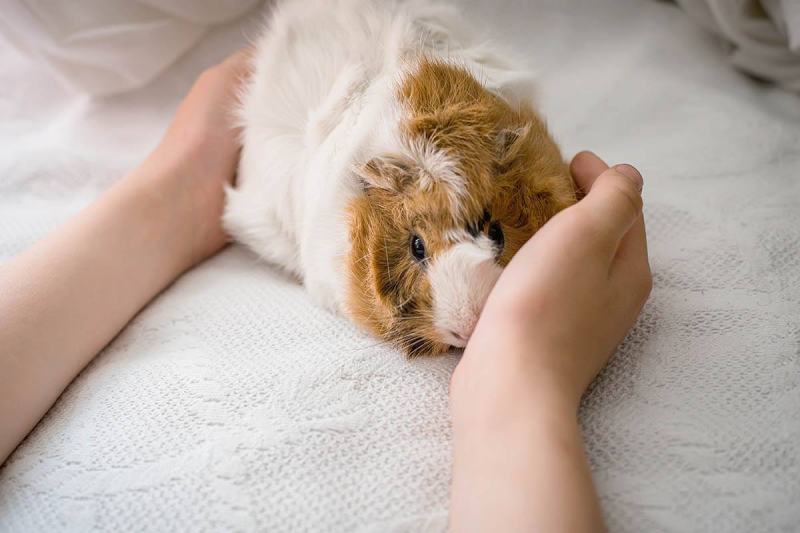
2. Check Their Teeth
Guinea pig’s teeth grow continuously. If they are overgrown, they can cause pain and difficulty eating. Guinea pigs may quit eating altogether in severe cases. This problem requires veterinary attention if it starts causing symptoms.
You can feed your guinea pig a proper diet to help wear their teeth down. However, overgrown teeth are not always preventable. Sometimes, a guinea pig may experience this health issue even with the right diet.
3. Offer Many Different Foods
You should offer several foods to help your guinea pig overcome their appetite problems. Hay, fresh veggies, and pellets are all essential to their diet and should be offered whenever your guinea pig isn’t eating.
Sometimes, it isn’t an underlying problem. Instead, it may simply be that your guinea pig doesn’t like the food offered.
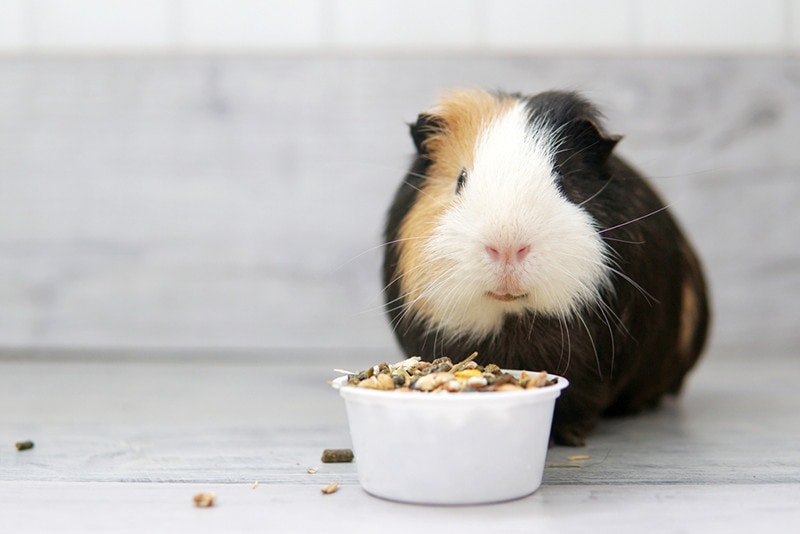
4. Encourage Them to Eat
Sometimes, your guinea pig may just need some encouragement. For instance, you may want to try offering their favorite food or hand-feeding them. Ensure that their environment is warm and comfortable. Stressed, cold guinea pigs are unlikely to eat.
5. Seek Vet Care
Even if one of these steps works, you should often consider seeking vet care anyway. If your guinea pig is only eating their favorite food, it’s likely because of some underlying discomfort. Therefore, while you may be able to get your guinea pig to eat for a short period, it is always best to figure out the underlying problems sooner rather than later.
Seek a vet that routinely works with pocket pets to ensure the proper diagnosis and treatment.
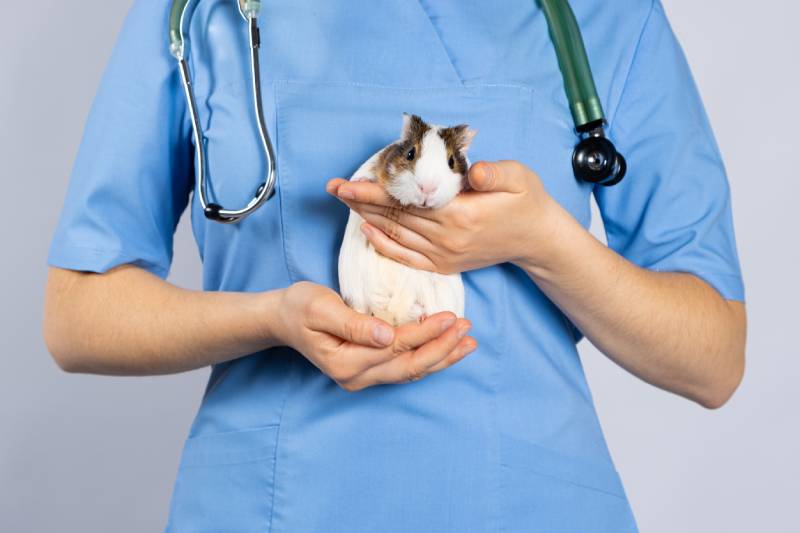
Conclusion
If your guinea pig stops eating for a few days, it’s likely due to an underlying illness that needs veterinary attention. Guinea pigs will consume food for much of the day. If they aren’t, it’s a sign that something is wrong.
Vet care is vital for keeping your guinea pig healthy. Don’t be afraid to get your vet’s opinion if your guinea pig is acting strangely and not eating.
Featured Image Credit: holandan, Pixabay



